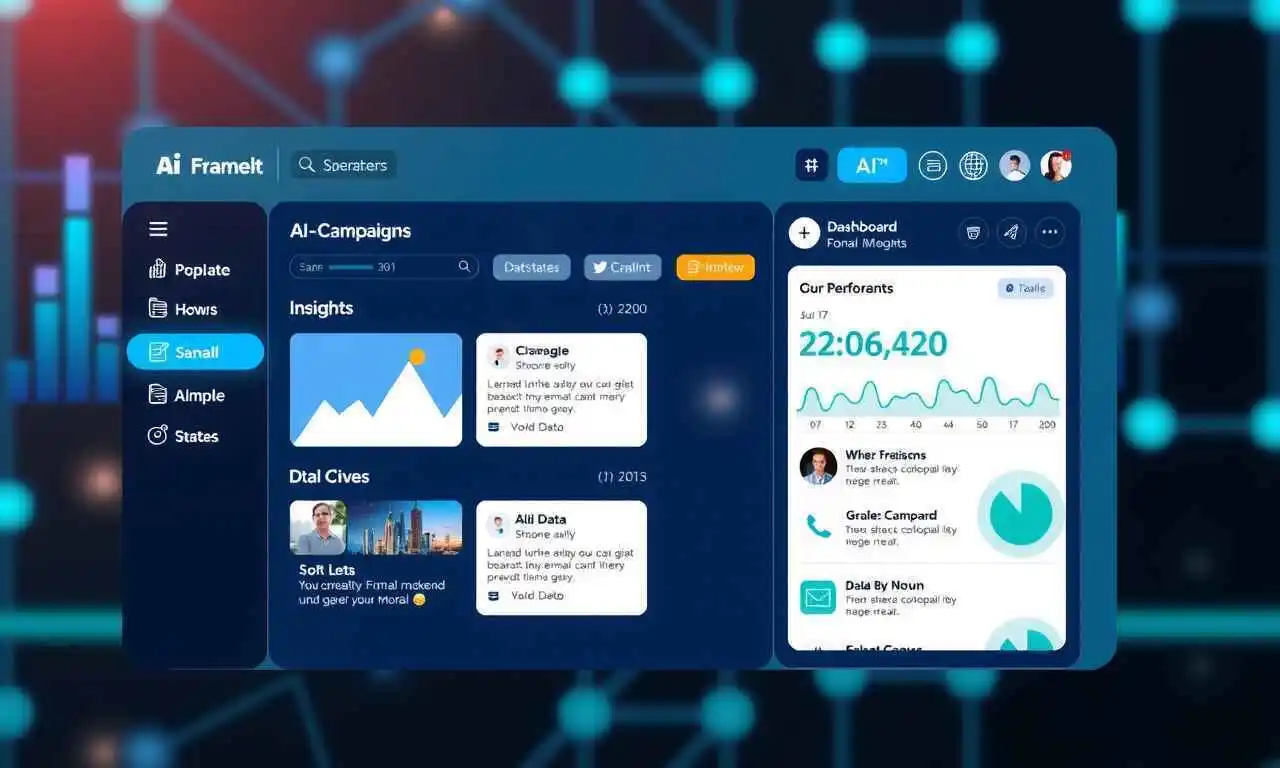
Table of Contents
Content marketing has become a vital tool for businesses looking to maximize their online presence and boost revenue. In this comprehensive guide, we will explore the definition, strategy, examples, benefits, and statistics of content marketing to provide a clear understanding of its importance.
In essence, demystifying content marketing is akin to unraveling the intricate layers of a captivating story. By understanding how it works and why it matters, businesses can craft their own narrative that captivates the audience, drives meaningful engagement, and ultimately leads to a rewarding and prosperous online journey.
Just like a skilled gardener carefully tends to their plants to ensure they grow strong and healthy, businesses must nurture their online presence through content marketing to thrive in the digital landscape. By understanding the definition and strategy of content marketing, businesses can effectively cultivate their brand and attract a flourishing audience.
Similar to how a master chef combines various ingredients to create a delectable dish, content marketing blends different elements such as engaging storytelling, informative articles, and captivating visuals to form a compelling narrative that resonates with the target audience. This approach not only showcases the brand’s expertise but also builds trust and loyalty among consumers.
Just as a savvy investor analyzes the potential returns and benefits of different opportunities, businesses can leverage content marketing to gain valuable insights into consumer behavior, market trends, and competitive analysis. By exploring the benefits and statistics of content marketing, businesses can make informed decisions and allocate resources effectively to achieve sustainable growth and success.
Demystifying Content Marketing
Content marketing is a strategic marketing approach that involves creating and distributing valuable, relevant, and consistent content to attract and retain a clearly defined audience. This content can take various forms, including blog posts, videos, infographics, and social media posts. The key is to provide information that is helpful and engaging for the target audience, rather than directly promoting a product or service.
By providing valuable information through content marketing, businesses can build trust and credibility with their target market. When consumers find the content useful and informative, they are more likely to view the business as an authority in their industry. This can lead to increased brand loyalty and a higher likelihood of customers choosing the business over competitors.
Ultimately, the goal of content marketing is to drive profitable customer action. This can include actions such as making a purchase, signing up for a newsletter, or sharing the content with others. By consistently providing valuable content, businesses can influence consumer behavior and drive the actions that contribute to their success.
Exploring Effective Content Marketing Strategies
Effective content marketing strategies begin with a deep understanding of the target audience. This involves conducting thorough research to identify the demographics, interests, and pain points of the audience. By gaining insights into what resonates with the target market, businesses can tailor their content to address specific needs and provide valuable solutions.
Creating a content plan is essential for ensuring consistency and coherence in content marketing efforts. This involves outlining the topics, formats, and distribution channels to be used, as well as establishing a timeline for content creation and publication. A well-structured content plan helps businesses stay organized and focused, ultimately contributing to the effectiveness of their content marketing strategy.
Utilizing various content formats is crucial for catering to diverse audience preferences. This can include written articles, videos, infographics, podcasts, and interactive content. By offering a mix of content formats, businesses can engage with different segments of their audience and capture attention in various ways. Additionally, leveraging distribution channels such as social media, email marketing, and guest blogging can help amplify the reach and impact of content, maximizing its potential to engage and convert prospects into customers.
Real-World Examples of Successful Content Marketing
One notable example of successful content marketing is the ‘Will It Blend?’ video series by Blendtec. The company created videos showing their blender pulverizing various items, from iPhones to golf balls, which not only showcased the power and durability of their product but also entertained and engaged viewers. The videos went viral, leading to a significant increase in brand awareness and sales for Blendtec.
Another compelling example is the ‘Dove Real Beauty Sketches’ campaign, where Dove created a video highlighting the difference between how women see themselves and how others see them. The emotional and thought-provoking content resonated with audiences, sparking conversations about self-esteem and body image. The campaign not only garnered millions of views but also reinforced Dove’s commitment to promoting real beauty, leading to a positive impact on the brand’s reputation and sales.
Furthermore, Red Bull’s content marketing strategy is a prime example of how to create engaging and shareable content. The brand’s ‘Stratos’ campaign, which involved Felix Baumgartner’s record-breaking freefall from the edge of space, captured the world’s attention. The live-streamed event and related content generated massive buzz, showcasing Red Bull’s association with extreme sports and adrenaline-pumping experiences, ultimately solidifying the brand’s image as a leader in high-energy and adventurous pursuits.
The Tangible Benefits of Content Marketing for Businesses
One of the tangible benefits of content marketing for businesses is increased brand visibility. By consistently creating and sharing valuable content, businesses can reach a wider audience and make their brand more recognizable. This increased visibility can lead to greater brand awareness and recognition, ultimately resulting in more opportunities for customer engagement and sales.
Another benefit of content marketing is enhanced customer loyalty. When businesses provide valuable and relevant content to their audience, they can build trust and establish a stronger connection with their customers. This can lead to increased customer loyalty and repeat business, as customers are more likely to engage with a brand that consistently delivers valuable content that meets their needs and interests.
Content marketing also plays a crucial role in improving search engine rankings. By creating high-quality, relevant content that is optimized for search engines, businesses can increase their visibility in search engine results pages. This can lead to higher organic traffic to their website, ultimately resulting in more opportunities for customer acquisition and conversion.
Key Statistics Highlighting the Impact of Content Marketing
Content marketing has been shown to significantly increase website traffic, with businesses that prioritize content marketing seeing up to 7.8 times more site traffic than those who don’t.
Media Monk
This influx of traffic is a direct result of creating and sharing valuable, relevant, and consistent content that attracts and retains a clearly defined audience. By providing informative and engaging content, businesses can drive more visitors to their websites, ultimately increasing their chances of converting these visitors into leads and customers.
In addition to driving website traffic, content marketing also plays a crucial role in lead generation. In fact, companies that prioritize content marketing efforts are able to generate 3 times more leads than those who don’t. By consistently producing high-quality content that addresses the needs and interests of their target audience, businesses can capture the attention of potential customers and nurture them through the sales funnel, ultimately resulting in increased lead generation and higher conversion rates.
Furthermore, content marketing has been proven to improve customer engagement and drive sales growth. Businesses that prioritize content marketing efforts experience 6 times higher conversion rates compared to those who don’t. This is because content marketing allows businesses to build trust and credibility with their audience by providing valuable information, addressing pain points, and showcasing their expertise. As a result, businesses are able to foster stronger relationships with their customers, leading to increased engagement, loyalty, and ultimately, sales growth.


